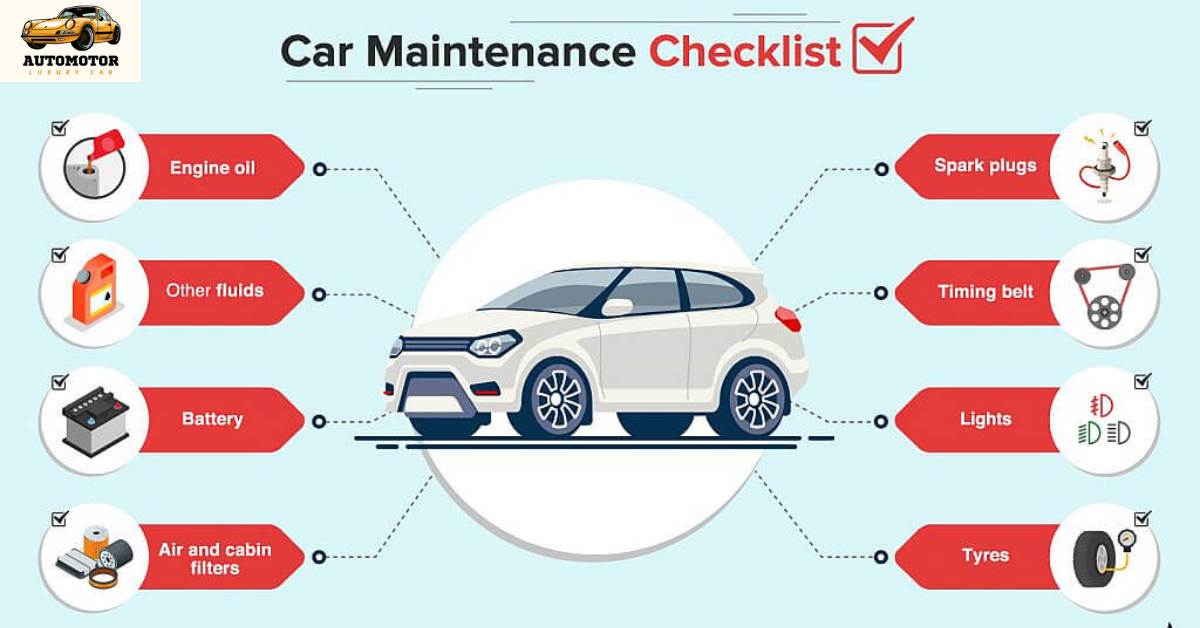In today’s fast-paced world, our vehicles are essential tools that keep us moving—commuting to work, running errands, or heading out on road trips. Yet, many car owners overlook one fundamental aspect of car ownership: regular vehicle maintenance. While it may seem like a hassle or an unnecessary expense, routine maintenance is a small investment that pays off in big ways—saving you money, improving safety, and extending your car’s lifespan.
1. Enhances Safety on the Road
Your safety and the safety of your passengers should be the top priority. Routine vehicle maintenance ensures that critical components such as brakes, tires, lights, and steering mechanisms are functioning correctly. Neglecting these can lead to dangerous situations, such as brake failure or tire blowouts.
For example, regular brake inspections can catch worn brake pads before they become a hazard. Similarly, maintaining the correct tire pressure and tread depth reduces the risk of hydroplaning in wet conditions or experiencing a blowout at high speeds.
2. Prevents Costly Repairs
One of the most practical reasons for regular maintenance is to prevent minor issues from becoming major, expensive problems. Replacing engine oil, topping off fluids, checking belts and hoses, and inspecting your cooling system may seem minor, but they’re vital to preventing breakdowns.
Consider this: changing your oil every few thousand miles costs far less than replacing a seized engine due to oil neglect. Regular checkups allow technicians to catch issues early—before they evolve into something that requires a costly repair or full component replacement.
3. Improves Fuel Efficiency
Vehicles that are well-maintained use fuel more efficiently. Simple maintenance tasks like changing air filters, using the right type of motor oil, and keeping tires properly inflated can significantly improve your gas mileage.
For instance, under-inflated tires increase rolling resistance, forcing your engine to work harder and burn more fuel. A clean air filter allows for better airflow to the engine, enhancing combustion efficiency. These small tweaks add up, especially if you drive frequently or have a long commute.
4. Extends Vehicle Lifespan
Cars are a significant investment, and naturally, you want yours to last as long as possible. Regular maintenance ensures your engine runs smoothly, your transmission shifts properly, and all parts wear evenly. Over time, consistent care translates into more miles and years on the road without needing to shop for a replacement vehicle.
Much like how regular exercise and proper diet keep your body healthy, scheduled maintenance keeps your car in optimal shape. Ignoring basic upkeep can drastically shorten your vehicle’s usable life, forcing premature replacements and major investments.
5. Maintains Vehicle Value
If you plan to sell or trade in your vehicle someday, regular maintenance plays a huge role in its resale value. A well-documented maintenance history shows potential buyers that the car has been cared for, making it more attractive and easier to sell at a better price.
Even dealerships consider maintenance records when assessing trade-in value. Skipping oil changes or failing to replace worn-out parts can be a red flag that your vehicle has hidden issues or hasn’t been treated properly.
6. Helps the Environment
Vehicles that are poorly maintained can emit higher levels of pollutants and consume more fuel. Issues such as a malfunctioning oxygen sensor, dirty fuel injectors, or a clogged air filter can contribute to increased emissions.
Keeping your engine tuned, exhaust system functioning, and emission control systems in good shape ensures your car meets environmental standards and reduces its impact on the environment. In some states or countries, passing regular emissions tests is mandatory—and a neglected vehicle may fail.
7. Provides Peace of Mind
Few things are more frustrating than car troubles, especially when you’re stranded on the side of the road or dealing with unexpected breakdowns. Regular maintenance gives you peace of mind, knowing your vehicle is roadworthy and less likely to fail when you need it most.
Routine visits to a trusted mechanic also establish a relationship where the technician becomes familiar with your car’s history, making diagnosis and preventive care more accurate and personalized.
Final Thoughts
Regular vehicle maintenance might seem like a chore or an extra cost, but it’s an essential part of responsible car ownership. By taking care of small issues before they become big ones, you ensure your safety, save money, boost performance, and protect the environment.
Think of maintenance not as an expense but as an investment—one that keeps your car reliable, efficient, and valuable over time. Schedule your next oil change, tire rotation, or multi-point inspection today. Your future self (and your car) will thank you.
